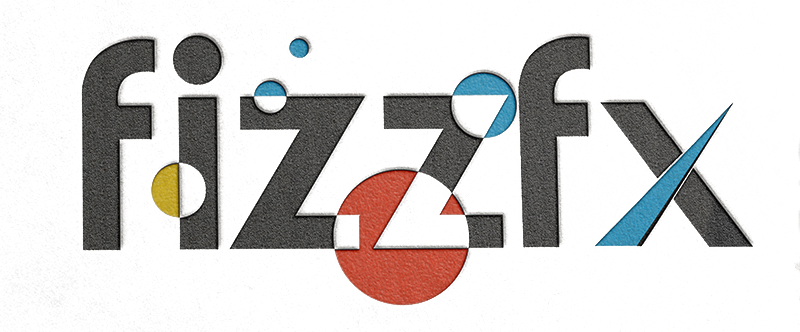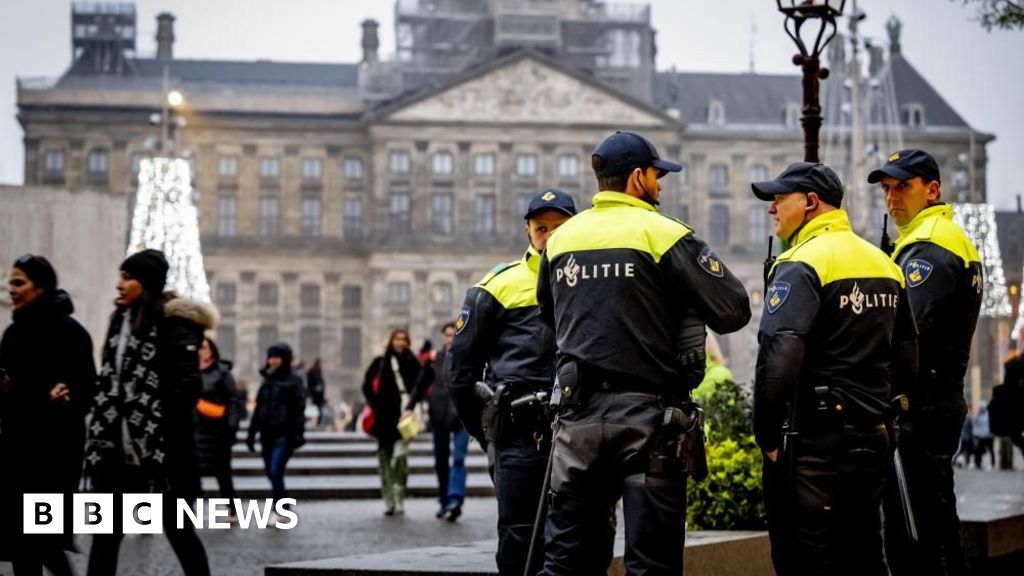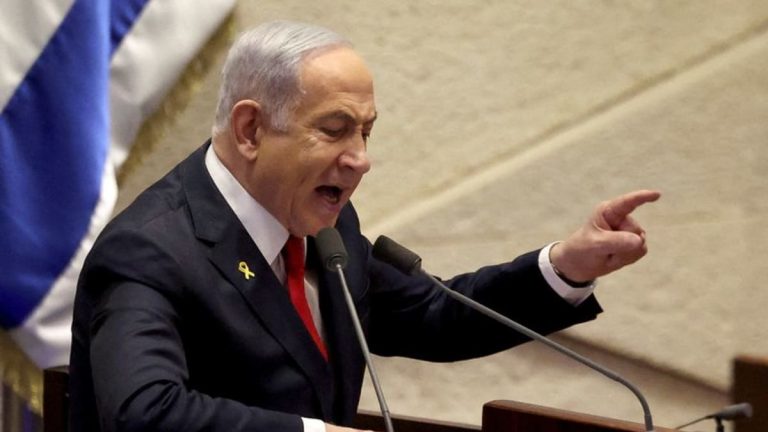Amsterdam’s recent outbreak of violence, as described by city officials, is an alarming mix of “antisemitism, hooliganism, and anger”. The surge of violence, reportedly stemming from grievances over the war in Gaza, Israel, alongside other Middle Eastern conflicts, has cast new light on pre-existing tensions simmering within Dutch society.
After city workers painstakingly removed the proliferating Maccabi Ultras stickers from public spaces, the streets of Amsterdam may appear to have returned to normal. However, beneath the surface, a residual tension remains, highlighting the deeper concerns about scarred relations between Amsterdam’s Jewish and Muslim communities.
This rise in friction and discord comes at a time when the Netherlands is grappling with its definition of identity, with social integration poised as a prominent and contested issue. The nation’s coalition government is teetering on the brink of collapse after a Moroccan-born junior minister’s resignation. The junior minister’s decision to step down was reportedly due to the derogatory language used by coalition colleagues to describe Dutch citizens of Moroccan origin.
Nadia Bouras, a Dutch historian of Moroccan descent, spoke to Amsterdam’s Het Parool newspaper about the prevailing language used in these debates. Bouras expressed her frustration, asserting that the term “integration” for people who had lived in the Netherlands for four generations or more was equal to “holding them hostage.”
The junior minister’s resignation and Bouras’ perspective reveal the deep-seated tensions swathes of Dutch citizens of non-western background face. They underscore the considerable discontent and feeling of otherness that these communities harbor, despite having resided in the Netherlands for multiple generations.
But as much as these tensions are about the turbulent global politics echoed in Amsterdam’s streets, they’re also about the social fabric of the Netherlands itself. The violence in Amsterdam is forcing a reckoning with the difficult issues lurking beneath the surface of Dutch society. The multi-cultural approach adopted by the Netherlands, lauded globally, seems threatened with division from within.
The government must now grapple with the representational crisis and act promptly to address these simmering tensions, which could potentially deteriorate blossoming relations among different communities. The resignation reveals the necessity for introspection and correction to ensure that this series of events does not spiral into an even greater divide.
Admittedly, coexistence is never a smooth journey, especially in a society as diverse as the Dutch where varied cultures, ethnicities, and religions intermingle. However, these recent events bring to light the urgent need for understanding, tolerance, and a search for unity that respects and celebrates this diverse spectrum.
City officials’ caution serves as a critical reminder: “We cannot be made into enemies.” Instead of allowing room for hate and hostility, it is crucial for all of those in the Netherlands to constructively address these tensions. The actions taken now will not just shape the immediate atmosphere of a city scarred by recent violence, but also the long-term peace and fraternity of an entire nation grappling with its evolving identity. A balanced, respectful dialogue and understanding among disparate communities can pave a more harmonious path forward.



